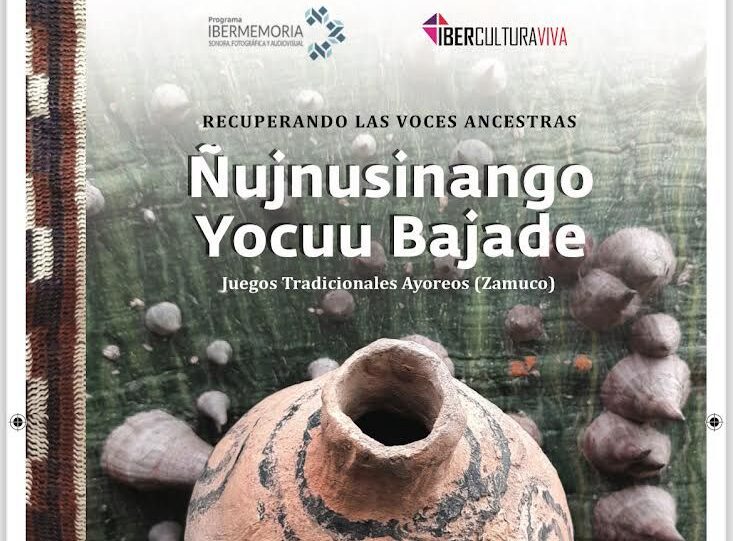A book about the traditional games of the Ayoreo people, a tribe from the Chaco in northern Paraguay, has won the Award for Literary Creation in Indigenous Languages Cenzontle, known as the Cenzontle award.
The author is Celeste Escobar, an indigenous linguist, anthropologist, and educator with professional training in Paraguay, the United States, Mexico, the United Kingdom, and Brazil. She had the support of Paraguay’s National Fund for Culture and the Arts (Fondec) for fieldwork with native speakers, and the work of Oscar Posoraja, who transcribed the oral stories as part of a wider effort to preserve cultural history.
The Ayoreo people are spread across a wide area in the northern Chaco, with approximately 5,600 of them in Paraguay, and around 3,000 tribe members in Bolivia. Traditionally nomadic hunter-gatherers, a majority of the tribe was sedentarised by missionaries around 100 years ago, in an attempt to convert them to Catholicism.
There are still some groups of the tribe which are considered “uncontacted” – the only known uncontacted groups in the Americas outside of the Amazon – but their way of life is ever-increasingly threatened by deforestation and loss of territory.
The Ayoreo people are known by numerous names including Ayoré, Ayoreode, Guarañoca, Koroino, Moro, Morotoco, Poturero, Pyeta Yovai, Samococio, Sirákua, Takrat, Yanaigua and Zapocó. In the Ayoreo language, Ayoreo means “true people,” and Ayoreode means “human beings.”
The Cenzontle Award is a literary prize that originated in Mexico. It was established in 2015 through the Indigenous Affairs area of the Coordination of Community Cultural Linkage. The aim of the award is to help publicise and stimulate literary projects that are oriented towards processes of conservation, recording, research, dissemination, education, management, or valuation of indigenous or native languages across Central and South America.


